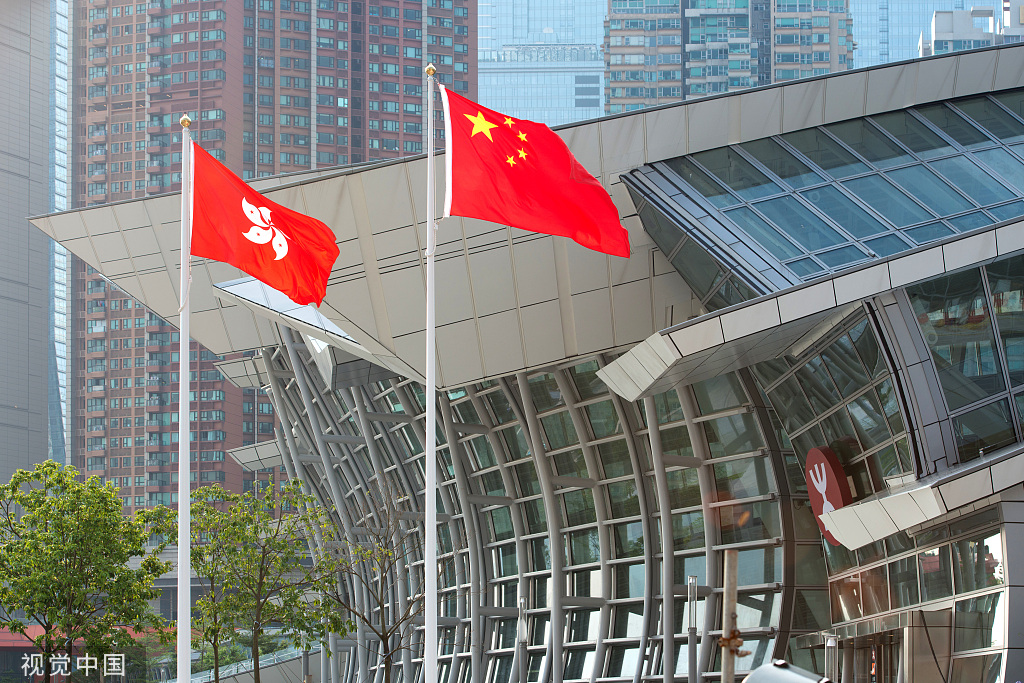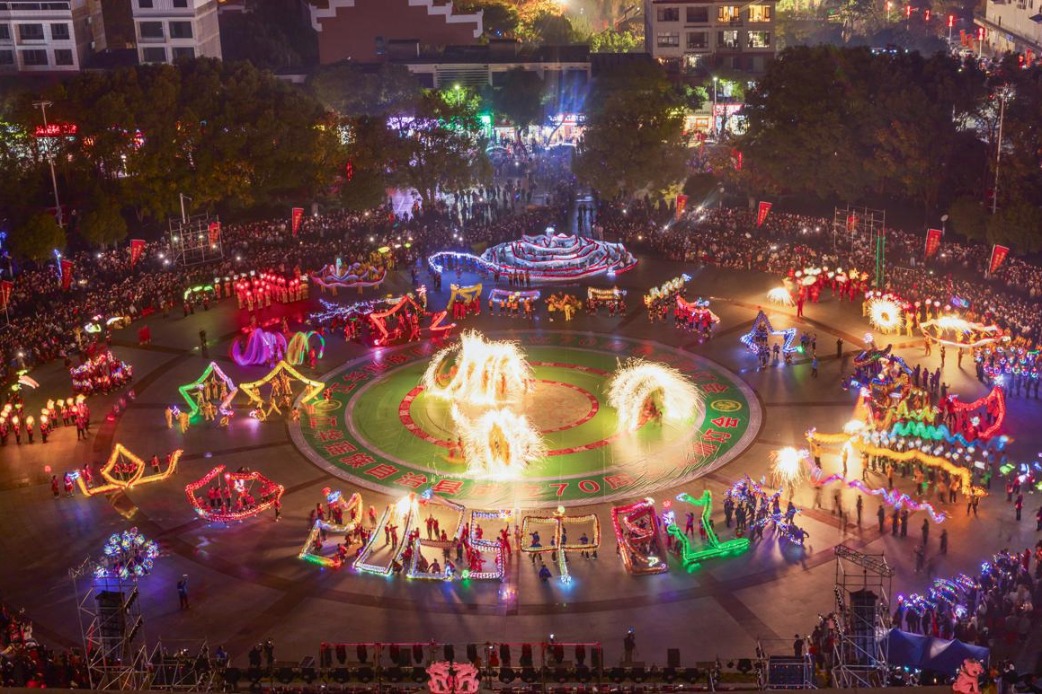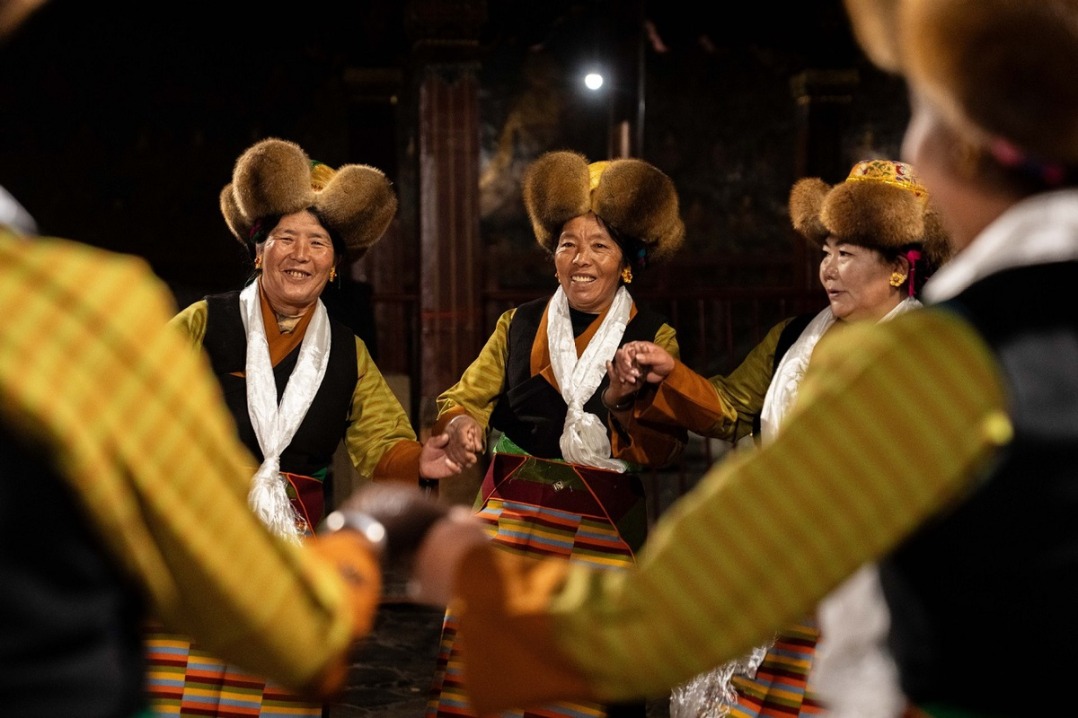'One man, one vote' must 'follow Basic Law and NPCSC decision'


Universal suffrage in Hong Kong must comply with the Basic Law and the decision made by the standing committee of the nation's top legislature in 2014, a spokesman for the State Council's Hong Kong and Macao Affairs Office said on Tuesday.
Moreover, it must be in line with the city's political status as a special administrative region of the People's Republic of China, said HKMAO spokesman Yang Guang.
He made the remarks at a news conference when referring to the ongoing anti-government protests in the SAR. The protesters have included universal suffrage in electing Hong Kong's future chief executive, as well as members of the Legislative Council, to their list of demands before agreeing to start talks with the government.
Yang said Hong Kong's democratic system has already been established and developed following its return to the motherland in 1997. He stressed it was the central government which had pledged to give Hong Kong "one man, one vote" in the election for chief executive under the Basic Law — the city's constitutional document.
Article 45 of the Basic Law stipulates that selection of the chief executive by universal suffrage shall be "upon nomination by a broadly representative nominating committee in accordance with democratic procedures".
Moreover, the "8.31 decision", made by the Standing Committee of the National People's Congress in 2014, provided a framework for such an electoral reform, said Yang.
The NPC Standing Committee ruled on Aug 31, 2014 that Hong Kong people can elect their leader among candidates endorsed by a majority of the members of a nominating committee.
After the chief executive is chosen through universal suffrage, the election of all LegCo members may follow a similar method, according to the NPC decision. However, the electoral reform plan for universal suffrage under such a framework was vetoed by Hong Kong's opposition lawmakers in 2015, Yang recalled.
He stressed that a fundamental principle for universal suffrage in Hong Kong must be consistent with the city's constitutional status.
"Hong Kong has been part of China since ancient times," the Basic Law says in preamble.
The HKSAR is an inalienable part of the People's Republic of China, and it shall be a local administrative region of the People's Republic of China that enjoys a high degree of autonomy and comes directly under the Central People's Government, according to the document.
"Universal suffrage that meets these requirements is 'genuine universal suffrage'," said Yang, refuting demands for an election without involving the central government.
Elections with universal suffrage in Hong Kong have no other options other than following this framework, he said.
- China, Russia conduct third joint missile defense drill
- China launches 14th group of low-orbit internet satellites
- Hangzhou Normal University apologizes for false recipients' list
- Chinese firms should promote human rights in global business sector, expert says
- New university in Dongguan to provide talent support for GBA
- Taiwan is inalienable part of China's territory: SCO Secretary-General



































